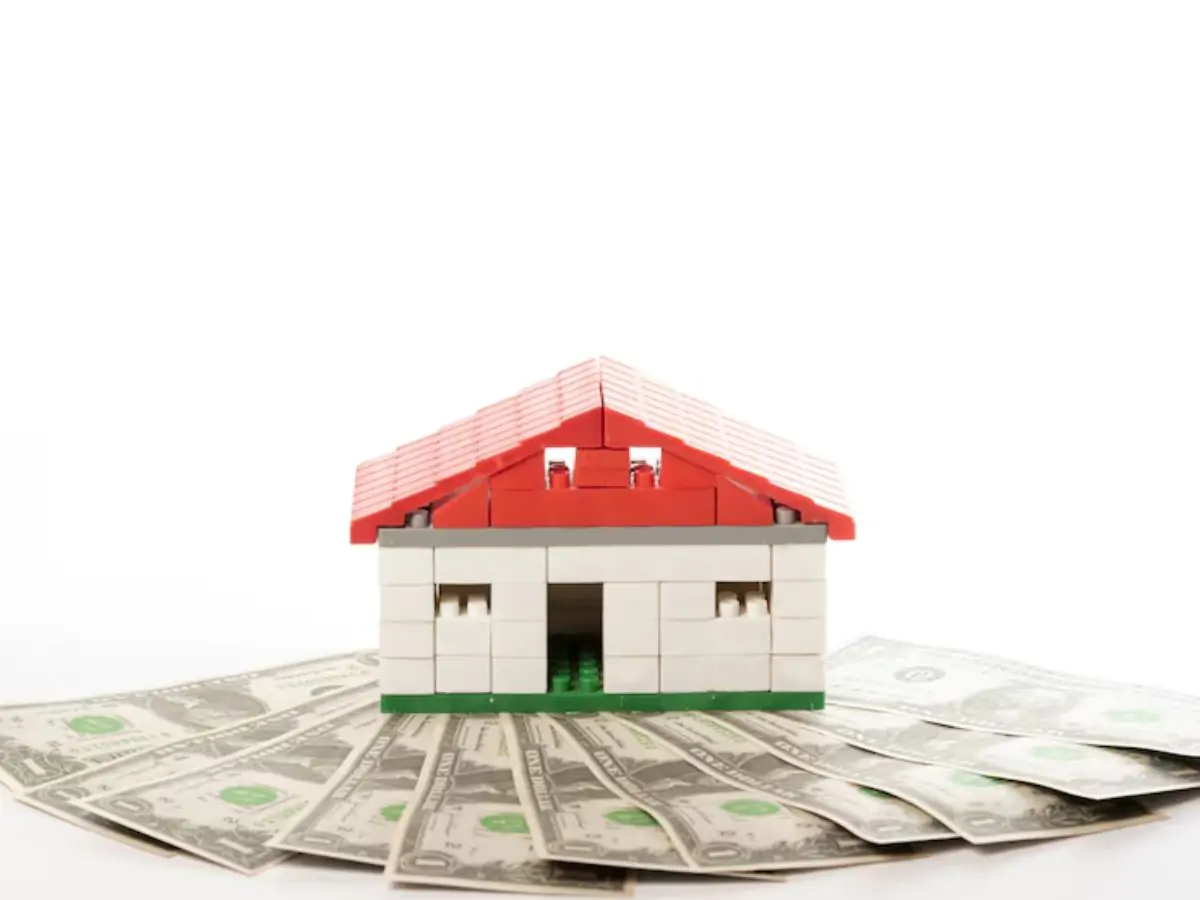
Tax-Assessed Value vs. Market Value: What Homebuyers and Sellers Need to Know
When you’re buying or selling a home, you’ll hear a lot of numbers thrown around when it comes to a property’s worth. But not all home values are created equal. In fact, the same house can have two very different price tags depending on who’s assessing it and why.
The two big ones are market value and tax-assessed value. Understanding the difference between those numbers is important when you’re trying to price your home competitively, negotiate a better deal or even lower your property taxes.
What Is Market Value?
Market value is what most buyers and sellers care about. It’s the price a home could sell for in the current real estate market.
As Casey Fleming, a former real estate appraiser and author of The Loan Guide, says: “It’s the price that a buyer is willing to pay for a home, and that a seller is willing to accept.”
How Is Market Value Determined?
Real estate agents and appraisers look at several factors to pin down a home’s market value.
- External features: Curb appeal, lot size, home style and overall condition.
- Inside the home: Number of rooms, quality of construction, appliances and heating systems.
- Comparable sales (comps): What similar homes in the area have recently sold for.
- Supply and demand: How many buyers are competing for homes in your neighborhood.
- Location: Desirability of the area, school districts and local amenities.
Market value isn’t set in stone. It fluctuates with the economy, interest rates and even the time of year. Sellers use it to set a competitive asking price, whereas buyers rely on it to make a smart offer.
Butm arket value is just a starting point. At the end of the day, a home is worth what a buyer and seller agree on.
What Is Assessed Value?
Whereas market value is all about what a home could sell for, assessed value is what your local government uses to calculate your property taxes.
A county tax assessor crunches numbers based on:
- Recent sales of similar homes
- The home’s condition and any upgrades
- Potential rental income (if applicable)
- Replacement cost (in case of damage)
After determining this value, they may apply exemptions (like a homestead exemption) and multiply it by an assessment ratio—usually 80% to 90%—to get your taxable value.
Example:
If your home’s market value is $500,000 and your assessment ratio is 80%, your assessed value would be $400,000. That’s the number used to calculate your yearly property tax bill.
Can You Check Your Assessed Value?
Yes, it’s public record. You can:
- Contact your local tax assessor’s office
- Use tools like Realtor.com’s property tax lookup to compare your home’s assessed value with others in the area
If you think your assessment is too high, you can appeal it, which could trim your tax bill.
Why the Difference Matters
For Homeowners:
- A lower assessed value can mean lower property taxes. Don’t panic if it’s less than your home’s market price.
- Some states (like Oregon) cap how much assessments can rise each year, meaning your taxable value might lag behind actual market value, but especially in hot housing markets.
For Buyers & Sellers:
- Assessed value can be a negotiation tool, but it’s not the final word. A seller might say, “The assessed value is $310,000, and I’m only asking $320,000!” Meanwhile, a buyer could argue, “The assessed value is $260,000—why are you asking $300,000?”
- In today’s competitive market, assessed value usually takes a backseat to what buyers are actually willing to pay. Even if prices have cooled since the 2020 boom, low inventory keeps demand high in many areas.
Conclusion
At the end of the day, the only number that truly matters is the price a buyer and seller shake hands on. Market value guides the conversation, but assessed value? That’s mostly for tax purposes.
Knowing the difference between these two numbers can save you money.



